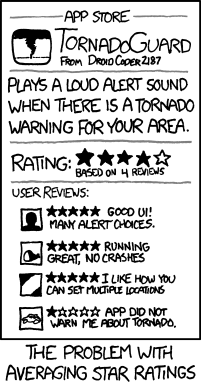Yesterday I left home for Argentina. I flew out of the Adirondack Regional Airport on this plane:
There were 6 passengers and two pilots. I've flown on this flight before, and sometimes there is only one pilot. Then a lucky passenger (usually the heaviest), gets to sit in the copilot seat. I got to sit there once, and it was cool. I don't know of many other commercial flights where you get the chance to talk to the pilot and see all of the instruments when you're flying. You also have to weigh all of your baggage (including carry-ons and latop bags) and report your own weight so that they can make sure that the plane is balanced.
Anyway, while we were flying I decided to take a video of Saranac Lake from above as we flew over. The only option I had was an ipod, which actually took a decent video in the end. It was really shaking, mostly because the flight was bumpy. I can share the whole video if anyone is interested, but the part I liked the best was this bit:
The deal was that when I looked out the window all I could see of the prop was a massive blur. However, when I panned forward with the camera it picked up the individual blades of the prop, almost like a strobe light would capture a moving object in a dark room. If I had been able to get to my bag I would have shot a high speed video for comparison. Oh well, maybe on the return trip.
So the question I pose to any students (or other interested parties who happen to stumble across this post) is this: how fast was the prop rotating? What might you need to figure this out? Think about frame rates, etc. (2nd generation nano). Would this video look the same if the plane were moving at a different speed? What if we hadn't had a tailwind- any difference?
Unfortunately, my next flight was delayed and I missed the connection to Buenos Aires. The next one doesn't leave until tonight, so I've got a day to kill. I'm hoping to get some work done and maybe visit the Air and Space Museum near Dulles- so check back for more stuff soon. Hopefully my next post will be from Argentina.




